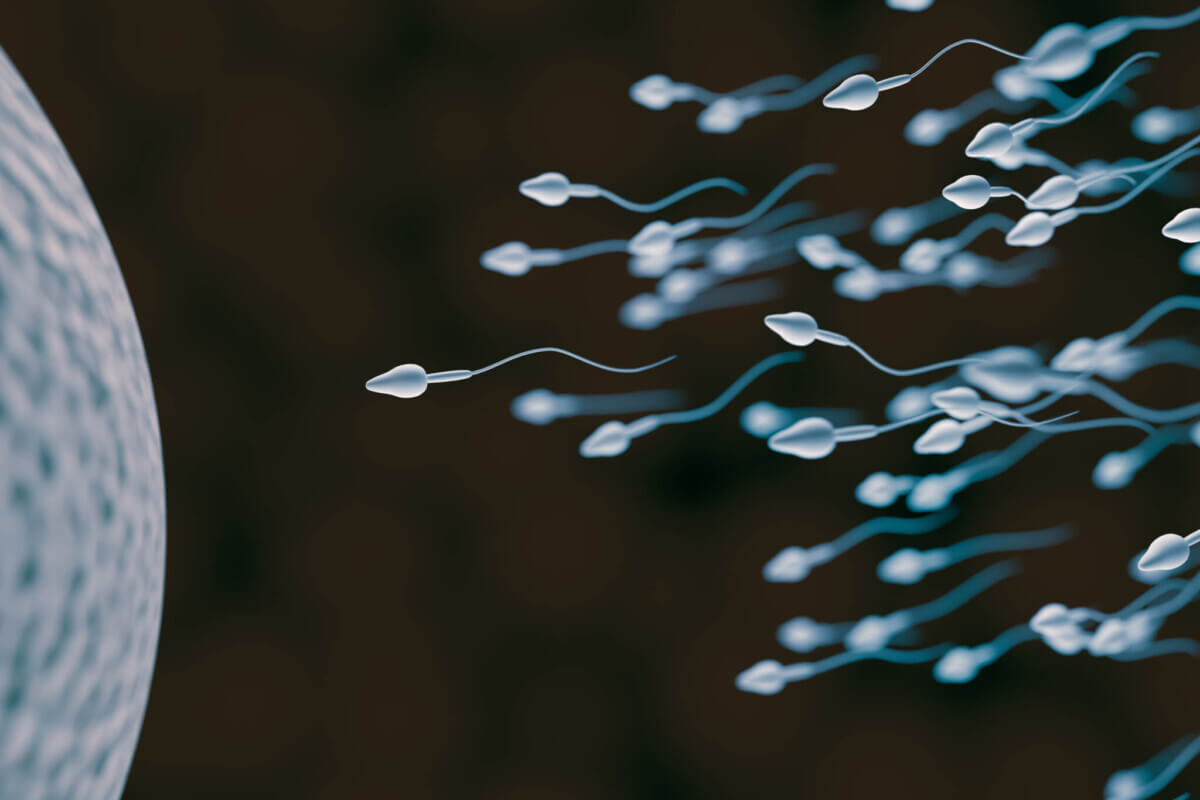
Half the men in a Spanish study group displayed total sperm counts that were 57% lower post-Covid compared to their pre-Covid samples. (© vchalup - stock.adobe.com)
ROCKVILLE, Md. — A long-standing belief by medical professionals when it comes to trying to have a baby may be incorrect, it seems. Two researchers from the Center for Reproductive Medicine of Shenjing Hospital in Shenyang, China say that abstaining from sex between conception efforts is unnecessary and could even worsen a women's chances of becoming pregnant.
Research by Dr. Da Li and Dr. XiuXia Wang suggest that fertility clinic doctors could be giving men bad advice when they're trying to conceive with their partners.
“For years, men have usually been advised to limit sexual activity to increase the chances of pregnancy,” said Dr. Li in a release by the American Society for Biochemistry and Molecular Biology. “However, it's time to change our minds.”
Previous research has shown that semen produced soon after a man's most recent ejaculation, within three hours, contained faster and more motile sperm than if the man abstained for several days. The researchers wanted to learn why the sperm changed and if those changes affected fertility.
The team studied about 500 couples, testing whether how long a couple waits between efforts to conceive could improve their success rates of conception. Dr. Li and Dr. Wang examined individuals' semen samples after they had abstained for either several days or less than three hours. They compared the semen volume and the mobility of the sperm.
In addition to seeing sperm move faster if produced after a shorter abstinence period, the researchers found molecular differences that made cell adhesion, or the function the sperm undertakes to fuse with eggs, easier. They say the longer sperm exists, the more they face DNA damage from reactive oxygen — potentially hampering their ability to form a healthy embryo.
The team also saw changes in the proteins involved with sperm motility and metabolism.
“Our data indicate that couples with relatively normal semen parameters should have frequent sex around the ovulation period,” says Dr. Li. “This could make all the difference to their efforts to start a family.”
The study was published in the journal Molecular and Cellular Proteomics.










